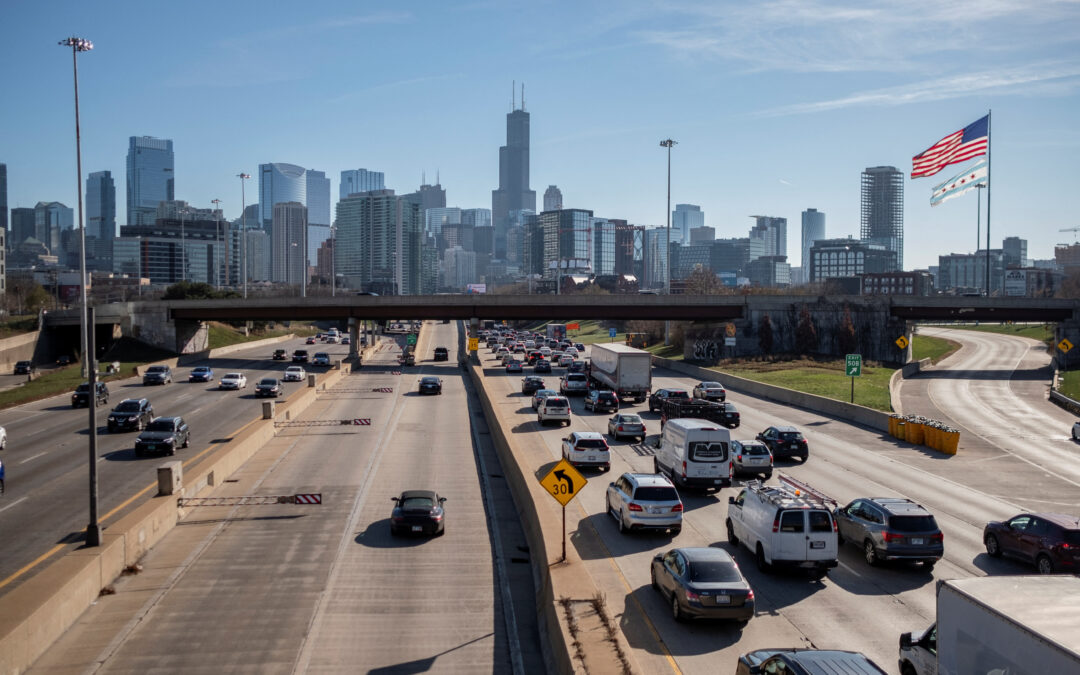A coalition comprising major automotive heavyweights like General Motors (NYSE:GM), Toyota Motor (NYSE:TM), Volkswagen (ETR:VOWG_p), and a slew of other key players, came out swinging on Monday, delivering a decisive blow to the Biden administration’s ambitious plan to ramp up fuel efficiency requirements. The Alliance for Automotive Innovation minced no words as it labeled the National Highway Traffic Safety Administration’s (NHTSA) Corporate Average Fuel Economy (CAFE) proposal as utterly unrealistic, demanding substantial revisions.
This formidable industry alliance went on the offensive, claiming that the blueprint, if executed, would saddle average vehicle prices with a hefty $3,000 price tag by 2032, all thanks to punitive measures on manufacturers who can’t meet the proposed standards. To them, this sum is nothing short of excessive, promising to burden American consumers without delivering any tangible environmental or fuel-saving benefits.
In July, NHTSA proposed a gradual annual increase of 2% for passenger cars and 4% for pickup trucks and SUVs, spanning from 2027 through 2032, resulting in a collective average fuel efficiency goal of 58 miles (93 km) per gallon.
Meanwhile, the American Automotive Policy Council, representing the trio of automotive giants known as the Detroit Three, also piped up on Monday, urging NHTSA to trim its fuel economy hike plan in half, citing a disproportionate impact on the truck segment. The group emphasized that a staggering 83% of vehicles from Ford (NYSE:F), GM, and Stellantis (NYSE:STLA), the parent company of Chrysler, are trucks. The showdown over fuel efficiency standards in the automotive industry rages on, with each side revving their engines and digging in for a regulatory battle royale.



